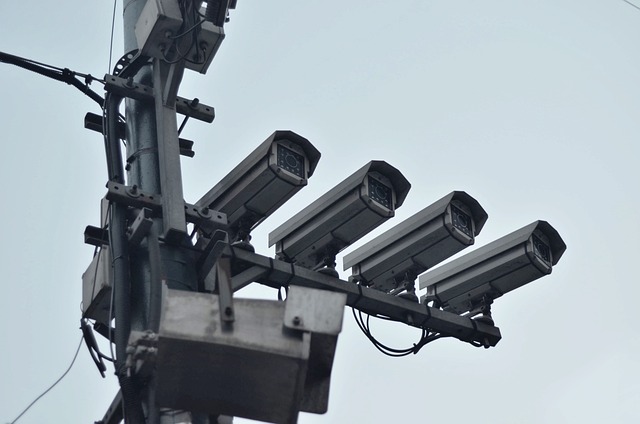Ensuring Accuracy: The Role of Sensors in Examination Supervision
In the realm of examination supervision, maintaining integrity and accuracy is paramount. With the increasing demand for fair and transparent assessments, traditional methods alone no longer suffice. This is where the role of sensors becomes a game-changer, offering innovative solutions that enhance the supervision process and uphold the standards of examinations worldwide.
The Challenges of Traditional Examination Supervision
Supervising examinations traditionally involves human invigilators monitoring students to prevent cheating and ensure compliance with exam protocols. However, human supervision has inherent limitations—fatigue, subjective judgment, and the inability to constantly watch every candidate simultaneously. These challenges can lead to errors or lapses in vigilance, compromising the fairness of the assessment.
How Sensors Transform Supervision Accuracy
Incorporating sensors into examination supervision introduces a level of precision that human observation alone cannot achieve. Sensors detect and report behaviors or environmental factors in real time, reducing the possibility of undetected misconduct or irregularities. Here are some ways sensors play a pivotal role:
- Motion Sensors: They alert supervisors if a candidate’s movements deviate unusually, such as frequent head-turning or leaving their seating area.
- Proximity Sensors: These sensors monitor if candidates are too close to each other, which can indicate potential collusion or cheating attempts.
- Acoustic Sensors: Useful for capturing unauthorized conversations or sounds during an exam.
- Environmental Sensors: These keep track of lighting and noise levels, ensuring that examination conditions meet required standards for fairness.
Creating a Fair Exam Environment Through Sensor Technology
The integration of sensor technology into examination supervision not only deters malpractice but also promotes transparency and confidence in the examination process. Students feel assured that everyone is under the same watchful eye, and institutions can maintain their reputations for conducting credible assessments.
Future Prospects: Smarter Exams with Advanced Sensors
As sensor technology continues to advance with AI and machine learning, the scope of examination supervision will expand. Future systems could automatically detect subtle anomalies in candidate behavior, instantly alert supervisors, and even adapt examination conditions to optimize fairness. This evolution promises a more sophisticated, reliable examination ecosystem where accuracy and integrity are guaranteed.
In sum, embracing sensor-based supervision methods effectively addresses the limitations of traditional invigilation and paves the way for more accurate, unbiased, and trustworthy examinations that benefit all stakeholders involved.




